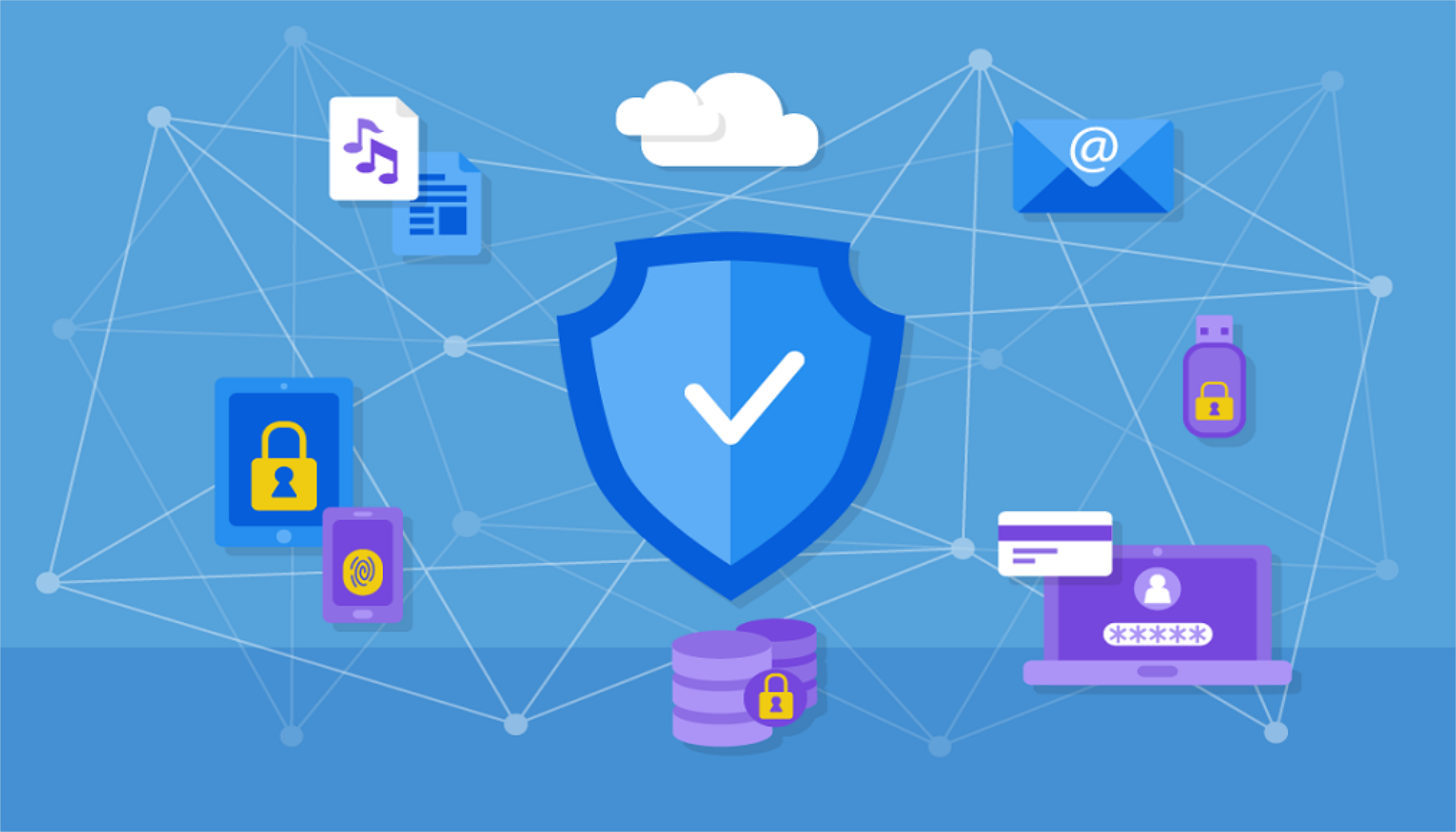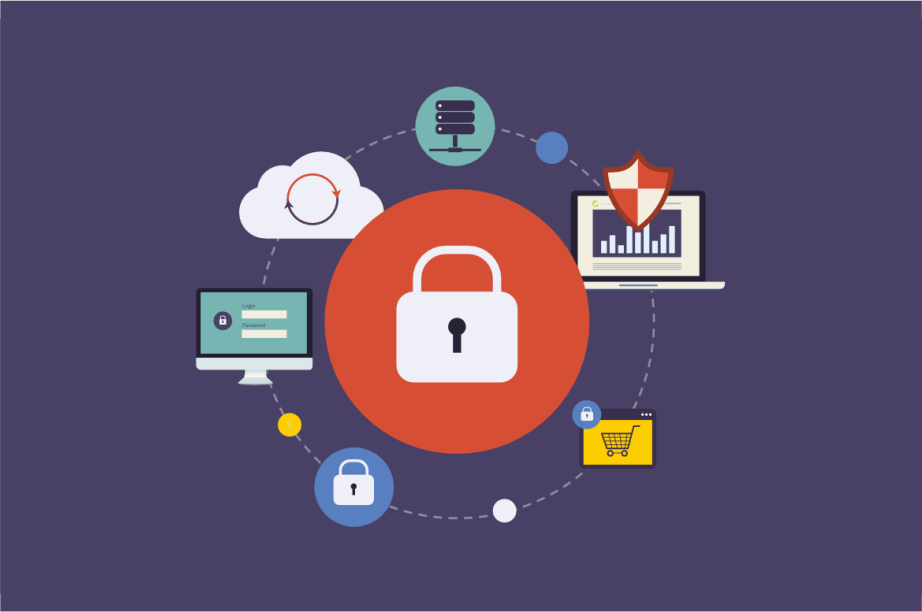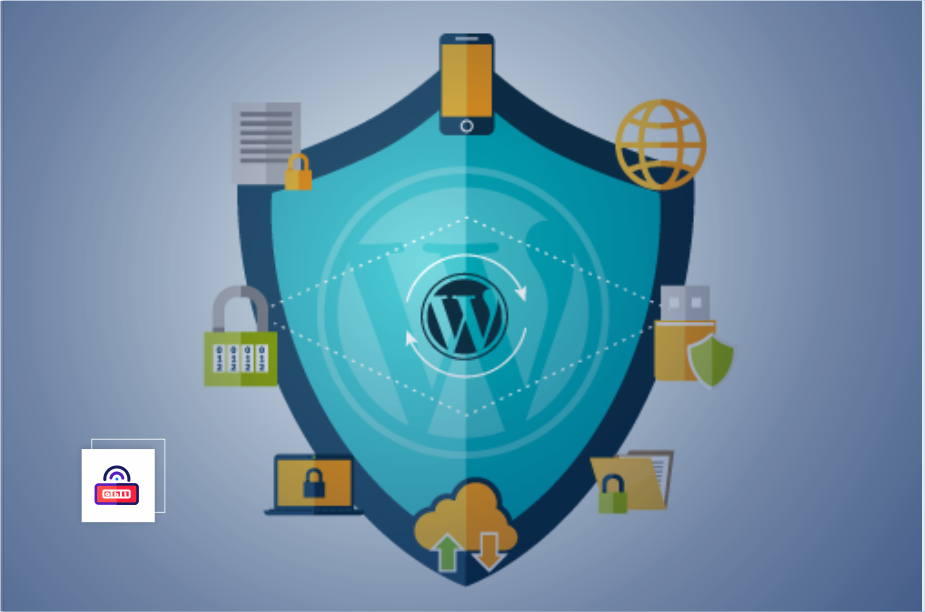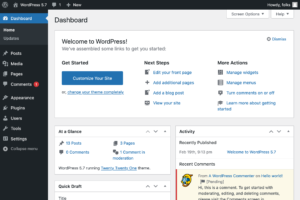The WordPress security plugin defends and secures your WordPress website from malware, brute force attacks, and hacking attempts.
Many website owners I speak with believe that WordPress security is a plugin or a service they must purchase. The opposite could not be further from the truth. Security is a state of mind, not a physical entity. It is something you should consider while making decisions concerning your website.
- Do you want a fresh look for your website? What is the reputation of the theme developer in terms of security?
- Do you want to add a new plugin? Is it safe to use? Has it been reported to have any security flaws?
- Are you looking for a new contractor? What have others said about their work? Is their software safe to use?
Every action you make should be weighed against the question, “How will this effect my site’s security?” If you can’t claim with certainty that the answer is to increase it or at the very least not hurt it, you should reconsider your option.
Another analogy I frequently use is that security is a series of layers that you wrap around your site rather than a single action.
- A network firewall is the top layer.
- The application firewall is the next layer (in WordPress, this is usually a plugin)
- Strong passwords are the next step to add.
- Two-factor authentication is the next phase.
- The next step is to change the name of your wp-admin directory.
- The next step is to avoid using “admin” as a login name.
- The following lawyer will turn off XML-RPC.
None of these factors will make your website secure on its own. However, combining all of these may make your site secure enough for malicious actors to move on to a site with a lower level of protection. Another piece of good news is that you may simply secure your website these days by hosting it with a high-quality hosting partner who is dedicated to security.

Installing an SSL certificate is not included in the list above. This is because holding an SSL certificate is now considered “table stakes.” This implies it’s not only a security measure; it’s something you should do with every website you create. They boost your security and search engine visibility. There is no reason for any website to be functioning without one now that they are free. Furthermore, SiteGround installs free Let’s Encrypt SSL certificates quickly after each website is created, making things even easier for you.
What are the best security plugins for WordPress?
Most folks will need some time to set up the tiered arrangement outlined above. As previously stated, non-technical site owners may now accomplish practically everything. That said, if you’re worried about it or unsure of your ability to devote the time necessary to complete it properly, employ someone you can trust to do it for you.
Firewall For Networks
This will be configured for you if you use a trustworthy hosting provider like SiteGround. If you’re not sure if your hosting provider offers this service, ask them. Consider finding a new hosting partner if you don’t get a clear “Yes, we provide you with a network level firewall.”
Firewall for applications
“Application Firewall” usually refers to a plugin in the WordPress ecosystem. There are a number of reputable ones with a decent track record to pick from. I rarely recommend certain plugins because as soon as I do, someone emails me to inform me how incorrect my advice are. Nonetheless, because a number of users have asked for security plugin ideas, I’m going to deviate from my norm and provide a few suggestions. It’s worth noting that these aren’t listed in any particular sequence.
Most of these plugins, by the way, do a lot more than just APplication Firewall.
- Malware detection
- Audits of security
- Hardening of security
- Firewall for websites
Some of the organizations that make these plugins also offer malware removal and clean-up services for compromised sites. That’s a terrific feature to have if you’re searching for peace of mind.
1. Jetpack
Jetpack is Automattic’s all-in-one WordPress plugin. It contains a lot of features, but the most of them are unrelated to security. It does, however, contain certain built-in security protections. Consider getting the security features if you already have Jetpack installed.
This might not be the ideal choice if you don’t already have Jetpack installed and don’t require any of the other capabilities.
2. Sucuri Security
Sucuri has a solid reputation and has been around for a long time. Sucuri has a lot of other functions in addition to a Web Application Firewall:
- Hacker Cleanup & Malware Removal
- Mitigation of Advanced DDoS Attacks
- Scan Frequency for Malware and Hacking
These three characteristics are crucial, and they are covered by their fundamental level. Overall, Sucuri is a well-rounded service that would be a valuable addition to any website’s security.

3. iThemes Security Pro
This is one that I’ve used before. I no longer use it, but it was one of the best – if not the best – on the market at the time I used it. (It’s worth noting that I don’t believe the plugin has degraded in any way; my requirements have changed.)
The only thing I recall about this plugin is that its administration page is complicated. Make sure you set up a few hours over a few days to read and comprehend all of your options so you can make the best decisions possible. That piece of advice applies to all security plugins.
Unlike other plugins, iThemes offers full functionalities at every price point. The price difference is determined by the number of sites you want to secure.
Passwords that are difficult to guess
4. Passwords that are difficult to guess
Strong password support is happily incorporated into the WordPress core, despite the fact that there are plugins available for this layer. I strongly advise you to require strong passwords for any user with a security level higher than Guest or Subscriber. If they can manage anything, they should have a strong password at the very least.
5. WP 2FA
Two-factor authentication (often known as 2FA) is a relatively new technology that has become increasingly significant on the internet. Online, logins and passwords can be taken, but not a phone. By implementing 2FA as an extra layer of security, you make it impossible for someone to gain access to your site simply by knowing your login and password.
WP 2FA is a plugin I’ve used to implement 2FA over the years. It can only do 2FA. Use a 2FA-enabled application firewall if you already have one. WP-2FA, on the other hand, is a good option if you don’t.
Source: SITEGROUD BLOG




